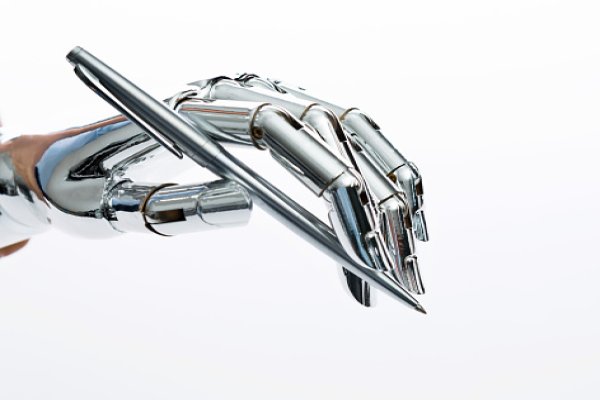As technology progresses, many experts agree that with artificial intelligence (AI), we may be just scratching the surface of how much it can affect our everyday lives. With AI projected to become increasingly prominent in the workforce, there is an ongoing debate on whether this new wave of automation will replace or create jobs.
Its potential implications have significant economic and social consequences – so what do experts say? Read on to find out!
AI technologies can perform tasks as effectively as humans can and even faster, potentially making certain jobs unnecessary.
AI experts have suggested that the technology will likely generate many job openings.
According to Shelly Palmer, a professor of advanced media at Syracuse University, middle managers, salespeople, writers and journalists, accountants and bookkeepers, and doctors who specialize in drug interactions are all likely to find that Artificial Intelligence could render their roles redundant.
Palmer commented that while AI will be incorporated into certain occupations, it won’t necessarily replace them completely.
Palmer says:
“It’s not going to replace you. Someone who knows how to use it well is going to take your job, and that’s a guarantee.”
The World Economic Forum estimates that by 2025, the rise of automation and technology will cause 85 million jobs to be eliminated; however, it is also projected to generate 97 million new positions.
This is not the nation’s first witnessed such an event, particularly in the auto sector.
Palmer went on to say:
“While the auto worker may be displaced because they are not as good at welding or as painting as the robot, there are probably 35 people that have to be involved in the creation and maintenance of that device that welds better than a person.”
Former autoworkers at Carbon Robotics are constructing an AI laser weeder in Detroit specifically designed for use on farms.
Paul Mikesell says:
“It’s a direct result of the history of auto manufacturing that we have that skillset available to us all in one place,”
Mikesell has stated that the laser weeder, operated by a human but powered by AI, can cater to between 40 and 80 people.
Paul Mikesell continues to say:
“Labor is harder and harder to find every year, particularly farm labor. An AI system like ours that can do that job automatically saves a lot of time, money, effort,”
AI-generated music composed by Aiva is much more cost effective than traditional music as it does not require the payment of a producer, composer, or artist. The AI has been trained on thousands of classic musical scores, and an album is available for streaming.
Karl Fowlkes says:
“It’s taking away opportunity from songwriters, producers and artists, the people who are trying to feed their families,”
Karla Ortiz and two others have recently taken legal action against three AI art firms for copyright violation. She alleges that her name and artwork have been used without permission to teach Artificial Intelligence. This is not an isolated incident – similar circumstances are occurring in art.
Karl Fowlkes went on to say:
“The life of an artist is not an easy one. It’s feast and famine for most of us. We go job by job, and what happens when there’s a little bit less work to go around?”
“Defend ourselves and the vast potential generative AI has to expand the creative power of humanity.”
Stability AI maintains that the lawsuit is based on a misunderstanding of how AI and copyright law operate, and they intend to take action in response.
While it is true that AI will result in the displacement of some jobs, history has shown us that technological advances have always created new opportunities and industries. With this in mind, we should not fear the advent of artificial intelligence but instead embrace it as a tool to help us create a better future for all.
Source: wflx.com



